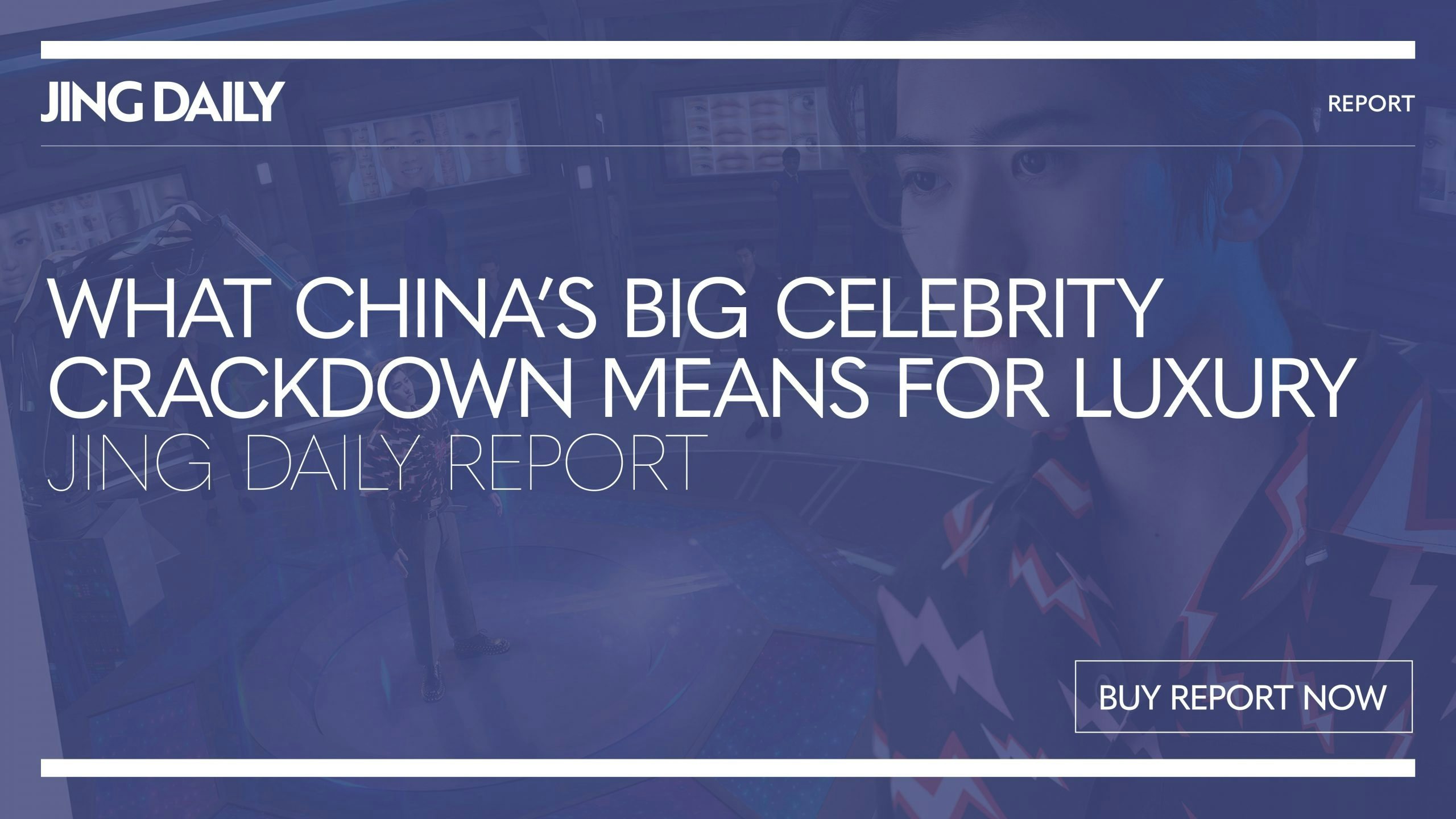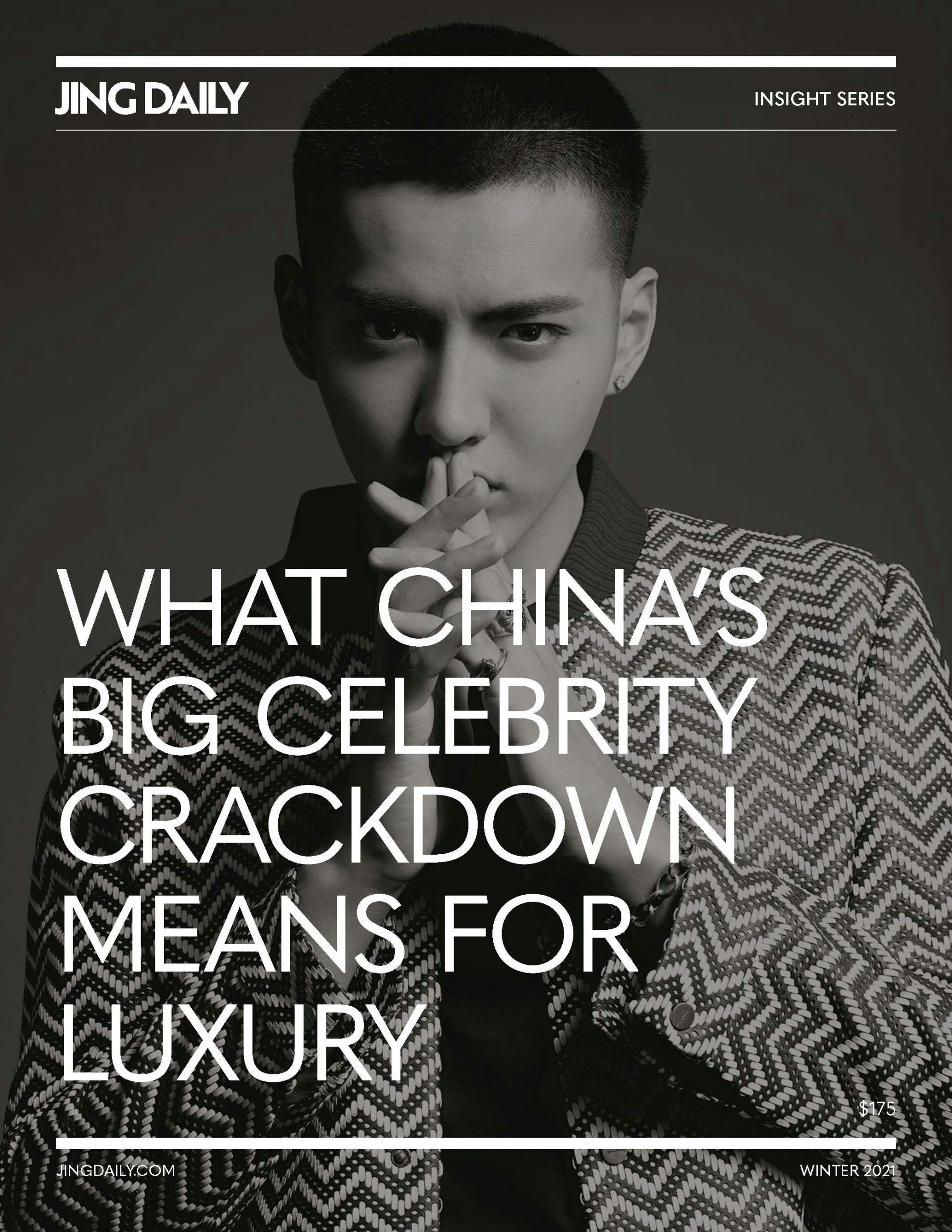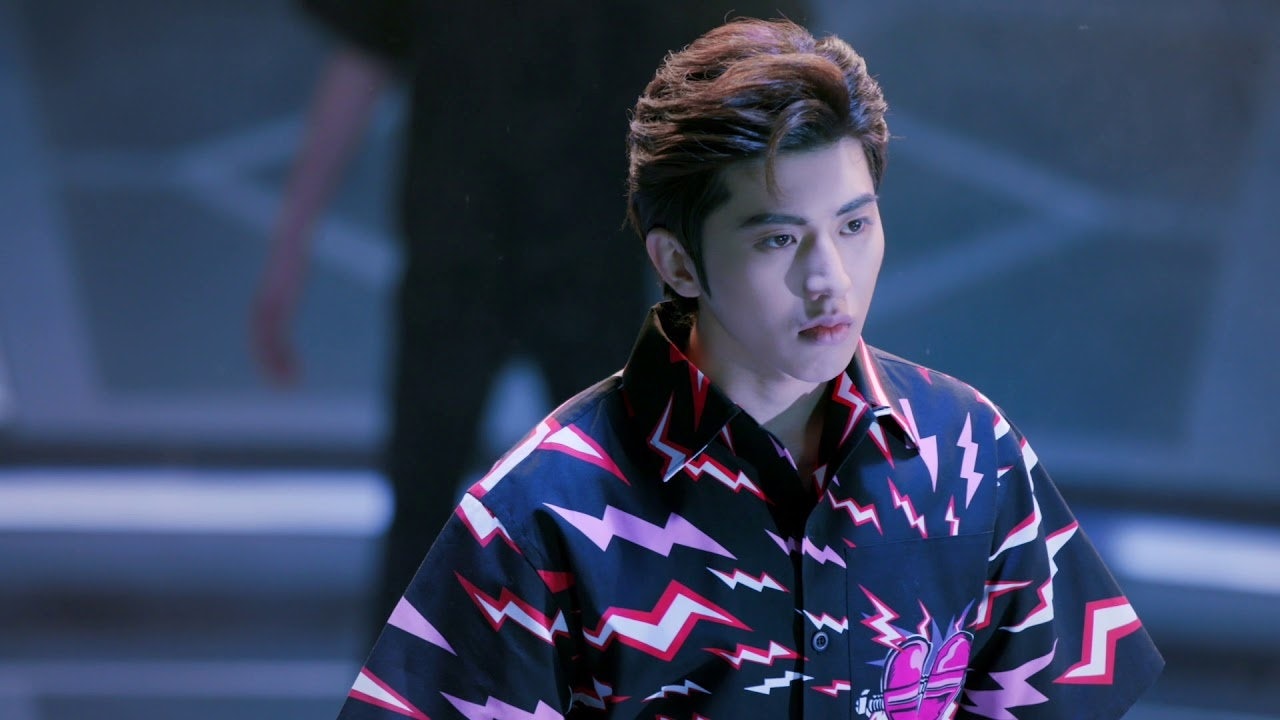Fourteen years after China’s powerful State Administration of Radio, Film, and Television (SARFT) — now known as the National Radio and Television Administration (NRTA) — banned voting by at-home audiences in an attempt to quell the rabid fan club activity inspired by the American Idol-style program Super Girl 超级女声, in 2021 Beijing again placed the country’s enthusiastic fan and celebrity cultures in its crosshairs. Over the course of 2021, regulators from the NRTA and the increasingly influential Cyberspace Administration of China (CAC) tightened their grip on what can be shown on television or streaming platforms, while high-profile “cancellations” (and even arrests) of hugely popular celebrities have served to show hundreds of millions of Chinese fans who is really in charge.
During this time, major global brands — even those who avoided getting caught up in recent political dust-ups, such as the Xinjiang cotton controversy in March — have found themselves embroiled in a complicated and contentious new era in China. Having come to rely on the Chinese market to drive revenue in the wake of the COVID-19 pandemic while depending heavily on domestic celebrities and major influencers (aka KOLs, or key opinion leaders) to promote their products, brands may now need to seriously reconsider their long-term marketing strategies.
As 2022 approaches, question marks remain as brands wonder about the long-term effects of the celebrity and fan culture crackdowns of 2021, and whether next year’s National Congress means the crackdown will show no signs of slowing for months — or years. One key question addressed in our recent Insight Report, What China’s Big Celebrity Crackdown Means For Luxury, is whether celebrity-led marketing campaigns even make sense in China's current business and entertainment climate.
China's crackdown on celebrities — which culminated in the detainment of luxury brand super-ambassador Kris Wu in August — gets most of the attention, but one of Beijing's strongest moves this year has been its crackdown on the "fan economy." At its simplest level, the fan economy is a business model that seeks to profit from fans’ devotion to celebrities. But this translates to more than just fans spending money to see a celebrity’s new film or buy their merchandise — the fan economy in China is, essentially, a two-way street in which a celebrity’s success is gauged by how large, vocal, and enthusiastic his or her fan base is.

In this symbiotic relationship, celebrities rely heavily on their fan bases to obtain more work and greater commercial value (e.g., through brand sponsorships), with their fans happy to help by any means necessary to ensure that their favorite stars can appear in as many advertisements, films, and programs as possible. The celebrities’ success is their success. This gives fans a remarkable amount of power in launching and sustaining a celebrity’s career, and Chinese entertainment agencies have been eager to tap this power to cultivate up-and-coming stars, with agencies as well as film and TV studios organizing official clubs. As of 2020, China’s fan economy was estimated to be worth around RMB 100 billion ($15.5 billion).
Over the past half-decade, collaborating with a young Chinese entertainer with an ardent fan base has become a shortcut to success for brands hoping to reinvigorate sales. In 2019, Prada was struggling to turn around deteriorating growth in the Chinese market when it appointed young idol Cai Xukun (aka Kun, b. 1998) as its newest brand ambassador. Within 24 hours, news of the announcement had racked up 730 million views on Weibo, while a campaign video featuring Kun drew more than 76 million views. In a matter of weeks, Cai’s fans had shared posts of more than 50,000 shopping receipts for Prada goods, and the brand’s keychain featuring the name “Kun” sold out worldwide. In an interview with China’s GQ Lab, Miuccia Prada noted that “fans don’t know about Prada through us; they know Prada through Kun.”
With Beijing regulators keeping a close eye on the activities of celebrities and their fan clubs alike, the marketing landscape in China is already changing, moving away from the powerful celebrity agencies and towards smaller, more tactical influencer-based efforts. As of late September, just 265 new celebrity agencies were registered in China this year, compared to more than 1,000 annually over the last five years, peaking at more than 3,000 in 2018. For brands, China’s crackdown on the fan economy means fewer opportunities for marketing in China. The days when newly minted stars could snap up dozens of endorsement deals and quickly promote brands to their followers are gone. Instead, brands will have to take a longer-term view or engage in more heated competition to partner with the few remaining “safe” celebrities. Meanwhile, the end of the idol competition show era means that a key source for new stars has dried up.
What this means is global brands need to be extremely cautious in who they choose to speak for them in China, and ask a question few have asked over the past two decades: should they even bother working with celebrities in China when the environment is so complex? So far, few brands have jettisoned celebrities completely, with the likes of Bvlgari simply replacing those caught up in scandal with another star (in Bvlgari's case, replacing Kris Wu with Yang Yang). The key lesson of 2021 is that while celebrities aren’t going anywhere in China, brands need to be more cautious than ever in who they choose to work with, lest they get caught up in a scandal that results in negative attention. For some, this will mean working overtime to decide the "safest" brand ambassador, who is highly unlikely to fall afoul of Beijing authorities, while others will look to cultivate in-house talent or amp up their influencer marketing
Get your copy of What China’s Big Celebrity Crackdown Means For Luxury on our Reports page.#

